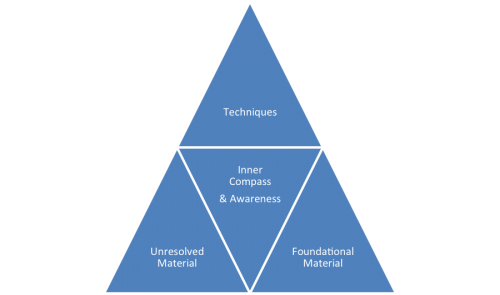
You’ve Got Quite A Head On Your Shoulders
Reading in the NY Times today and seeing a survey of recent books on sciences attempt to grapple with the question of Mind. That question as it is formulated in the science world is where does thought and mind come from? Is it simply an “emergent property” of the brain and not accountable to anything else? Or is mind or consciousness in some way a basic property of matter, or of the universe, just like gravity or time.
The reviewer cites several books that have recently come out from well thought of scientists and thinkers. They move in different directions and do not agree. Is physics the answer, is it math that will ultimately unlock the secrets. How close or far are we. And the answers seem to be we still don’t know, and can’t agree on what is likely or where we are in that quest.
It strikes me that we have just recently reached what has been seen as one of the ultimate goals of science, we found the Higgs Boson – after billions of dollars and decades of incredible work. And now that we have found the last particle we were looking for (that which would complete and prove the standard model of physics), that we still don’t have the answers and stand, at this moment, not sure what to do next. Nor what to think.
Not knowing can be a good thing. It can open up new pathways, break down old ways of thinking, and develop new directions for inquiry and imagination.
In the meantime, it seems like a good time to remember, that since we don’t know everything about the mind, or about psychology, that we shouldn’t underestimate what we’ve got under the hood, just because we can’t get it open to examine it.
Being in or moving towards states of balance, managing and responding to what is coming at us in life has a way of bringing benefits that we couldn’t have anticipated. Having that inner compass, that sense of when we are in balance when we are drifting out of balance the overall awareness of these various states are basic abilities to manage ourselves as life comes at us. Trusting that side of ourselves and working to develop it tend to increase well being in general.
Thus I have these at the heart of my Pyramid of therapy.
So go ahead, trust in what you’ve got and don’t give too much power to the partial truth of diagnosis, or of your beliefs about what has happened to you and what it means. There are greater possibilities, the pieces of the puzzle are all there even if you can’t see them all. We may still not know “everything”, but we have a pretty good idea what our foundation is. Might as well strengthen it.





